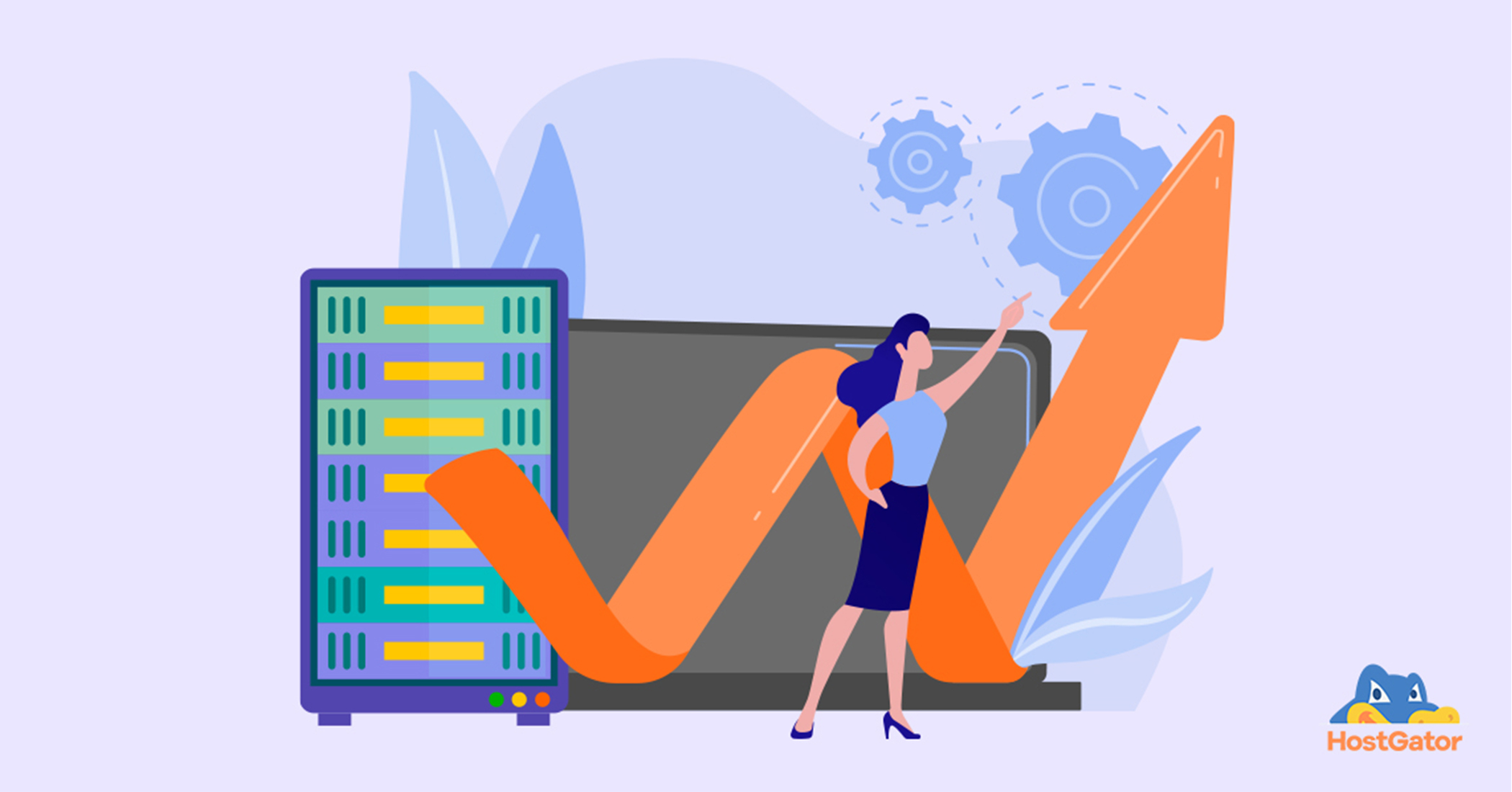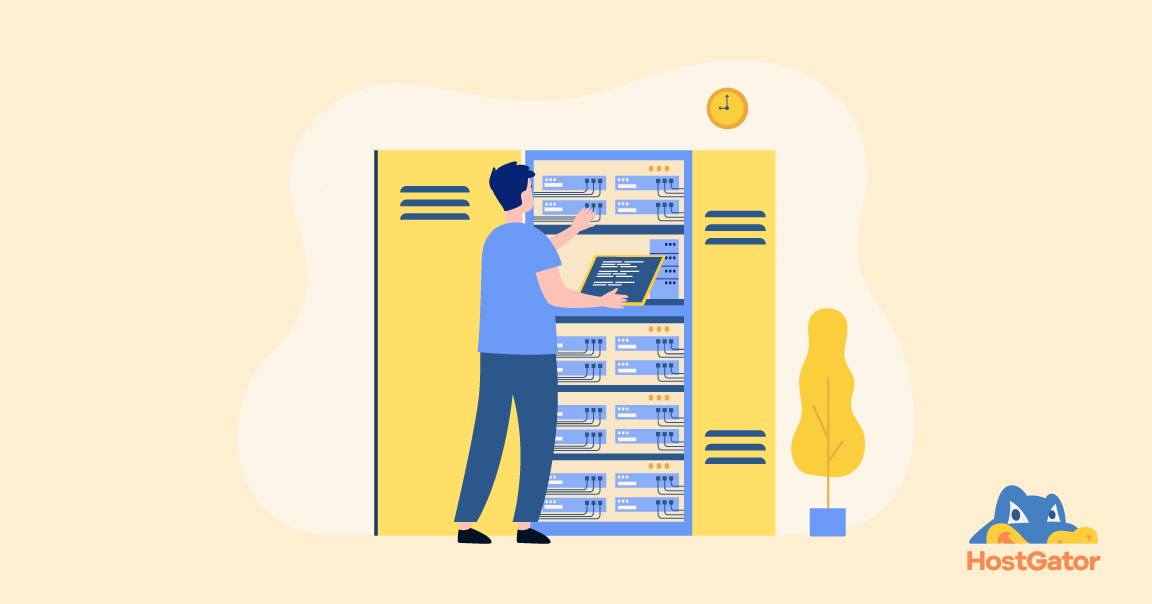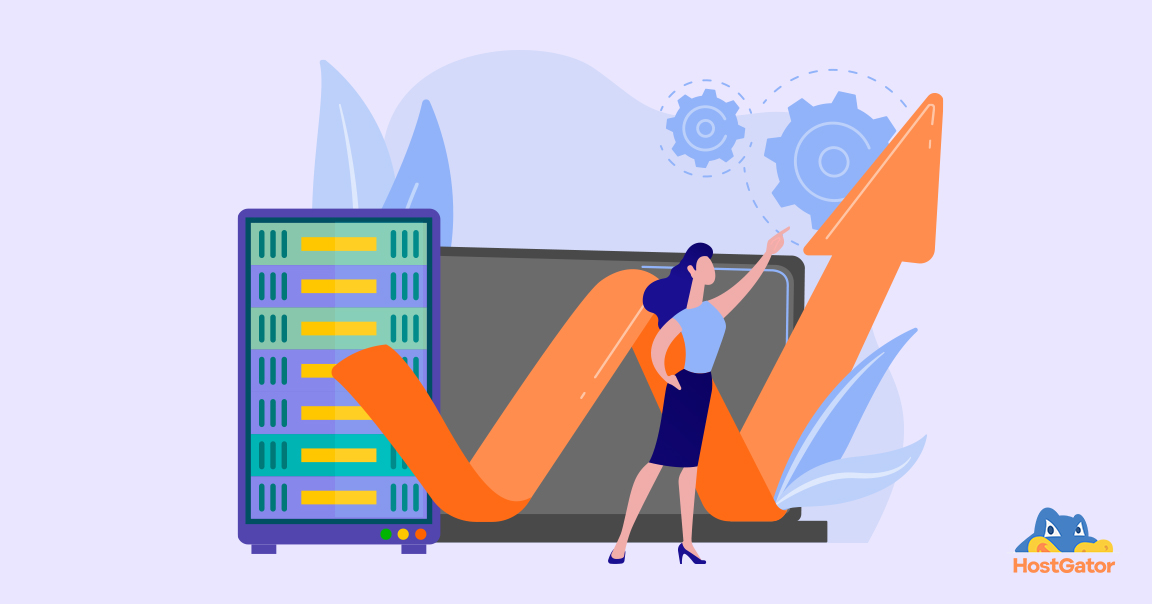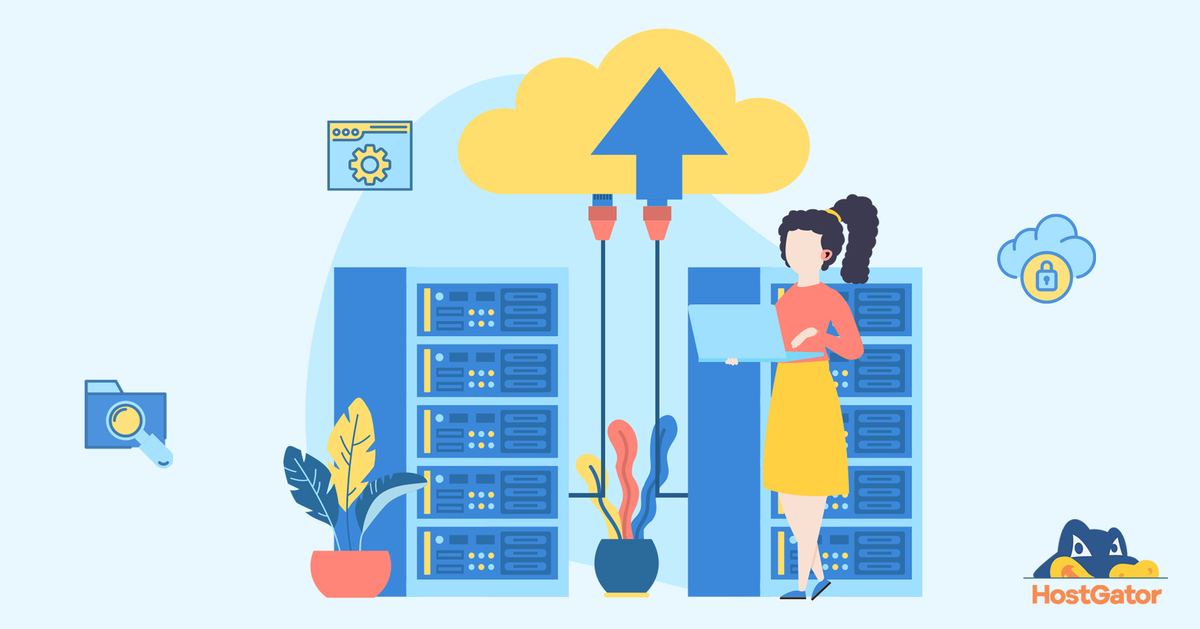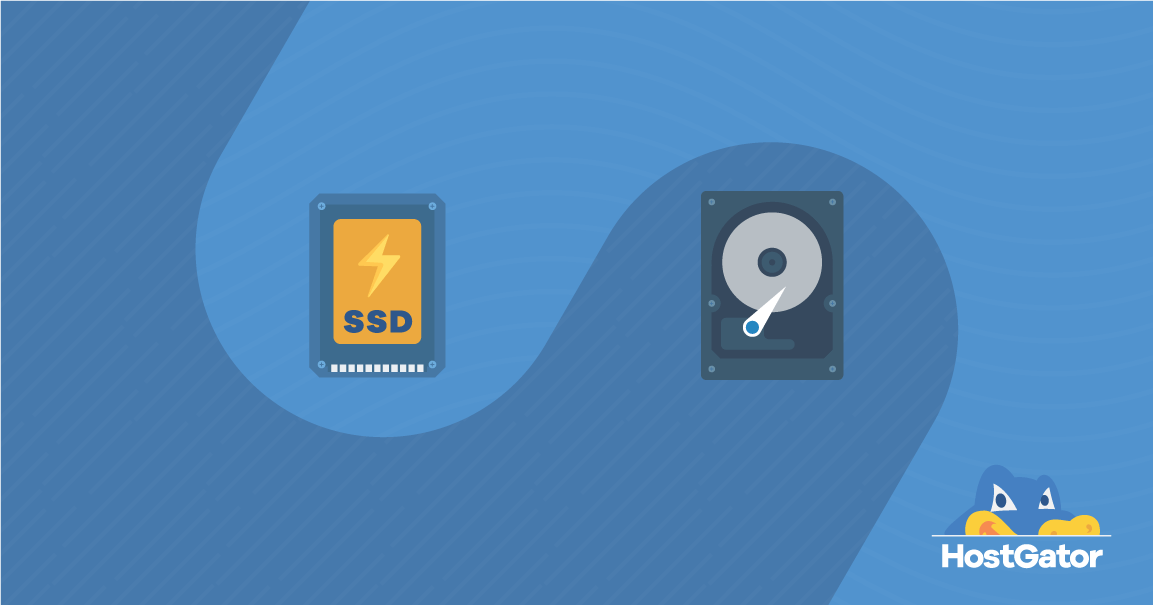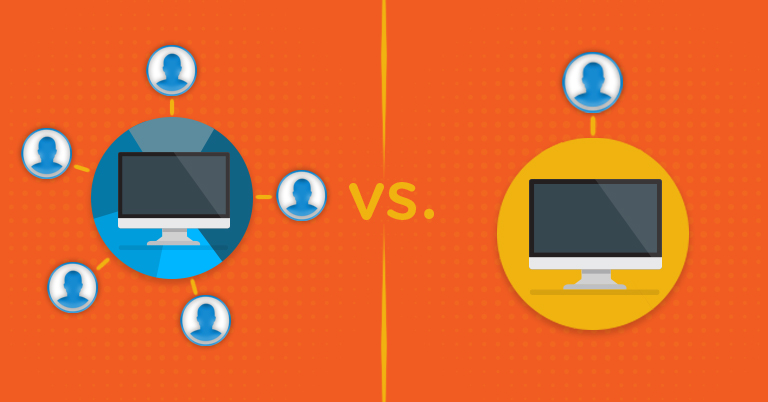The field of technology is ever-changing with new inventions and products being released for the ease of consumers. When it comes to the data storage industry, we have seen the transition from magnetic tapes to solid-state storage. For Desktop, Laptops and Servers particularly, there has been an increased shift from HDD (Hard Disk Drive) to SSD (Solid State Drive).
Irrespective of whether you’re a tech-based company or not, it is important that you understand the basic difference between these two data storage technologies. This will help you make an informed decision when it comes to selecting the type of hosting you should opt for when it comes to setting up your online business (and other purposes in general).
What is Hard Disk Drive (HDD)?
HDD stands for Hard Disk Drive. It is a data storage device that uses rotating magnetic disks to store information. An HDD has a thin metal disk that rotates or spins in order to write and read data, as and when required. The preset speed at which the disk spins is typically between 4200 RPM to 7200 RPM where RPM stands for Revolutions Per Minute. The higher the preset speed, the faster the drive is able to read and write data.
What is Solid State Drive (SSD)?
SSD stands for Solid State Drive. This storage device uses flash memory to store data. ‘For the ease of understanding, you can think of USB flash drives. Unlike HDD, in Solid State Drive you have no moving parts, thus your disk doesn’t heat up, it consumes less energy and is able to read and write data at a faster speed.
Now that we’ve seen what HDD and SSD are, let us move on to seeing their Pros and Cons.
Pros and Cons of HDD
Pros of HDD:
- Affordable: HDD drives are cheaper and affordable as compared to SSD drives.
- Storage: HDD drive capacity offering is different for both desktops and laptops. With Desktops ten terabytes and two terabytes for laptops. Being cheaper, the storage aspect can be considered advantageous.
Cons of HDD:
- Speed: As mentioned earlier, HDD uses rotational disks with a head that reads/writes the data and hence it is slow. This could, in fact, mean slow load time for your website and especially database-based sites.
- Efficiency: They use more energy because of disk rotation and hence are not as environmentally friendly as they should be. Moreover, HDD’s are prone to damage as they have several moving parts which if broken can reduce the span of your disk.
Pros and Cons of SSD
Pros of SSD:
- Speed: As SSD uses flash memory, and fewer moving parts the speed at which your device works or website loads is much faster.
- Reliable: Less moving parts is directly proportional to less breakage or wear out of the SSD. Thus, SSD’s are more efficient when it comes to saving energy and are more environmentally friendly.
Cons of SSD:
- Costly: Being a fairly new technology as compared to HDD, SSD is expensive even though they deliver exceptional performance.
- Storage: Storage capacity here is again linked to the cost. Unlike HDD, SSD’s are expensive and so getting the same amount of storage capacity as that in HDD can cost you a bit more than you might have expected.
What is the right choice for you?
HDD and SSD have their own benefits and drawbacks and the choice of the data storage depends on your needs, ours being the website. However, it is worth noting that when it comes to energy efficiency, speed and reliability the Solid State Drive (SSD) wins hands down.
Nevertheless, when it comes to the choice of choosing the data storage device for your website it entirely depends on your needs. If speed and durability are your deciding factors, you should check out our newly launched Dedicated SSD Server hosting plans.
| SSD Dedicated Servers | HDD Dedicated Servers |
| Powered with SSD storage these offer higher IOPS | Spindle drives with 7200RPM are good for basic requirements |
| Storage size up to 1.8TB (in RAID1) | Storage size up to 2TB (in RAID1) |
| Avg I/O: 327 MB/s* | Avg I/O: 127 MB/s* |
| Latest Intel Xeon D processors | Intel Xeon E3 processors |
| High memory DDR4 chips are great for applications that rely on memory for storage/cache | DDR3 RAM chips |
| Additional Storage unavailable | Storage can be extended |
| Conclusion: High-Performance servers | Conclusion: Low-Cost servers |
(*results measured by our Product Testing Team)
Our SSD plans aim to bring newer technology to you. In the end, measure and figure out what your business priorities are so that you make an informed decision.

